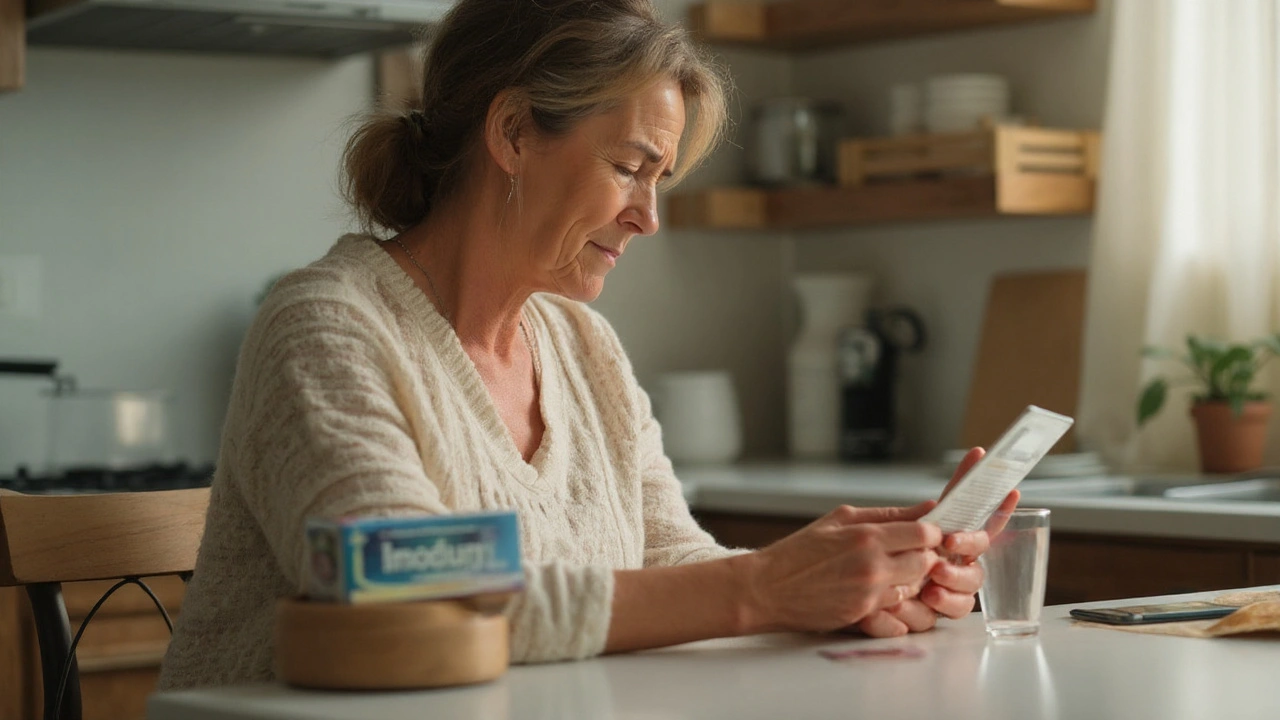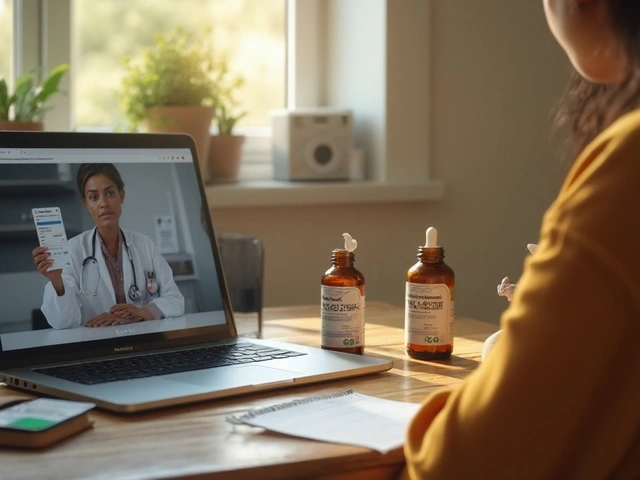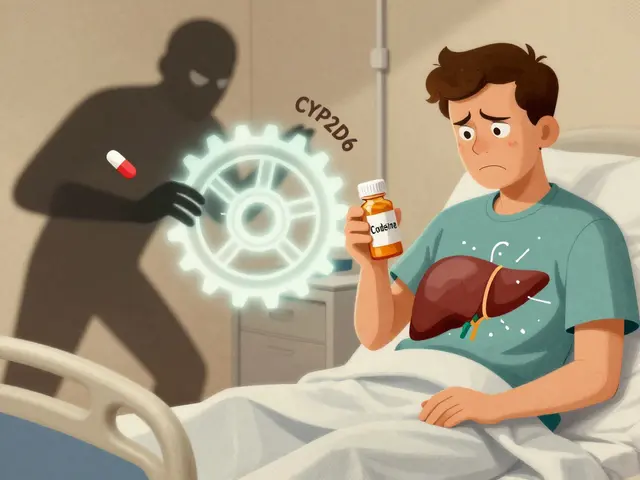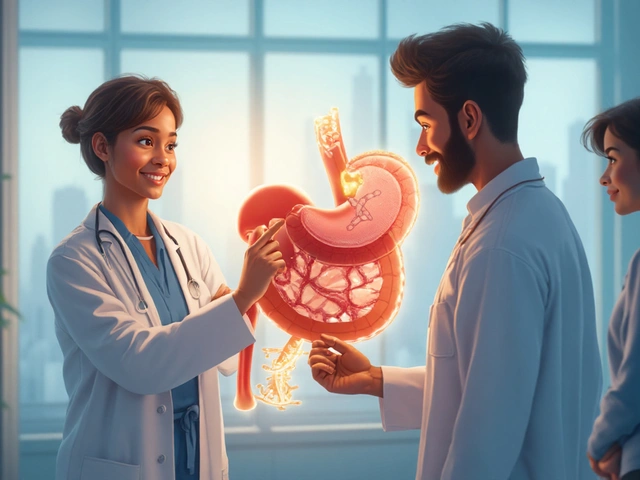Diarrhoea Relief – Quick Tips to Feel Better
If you’re scrolling through the bathroom, you know how miserable diarrhoea can be. The good news? Most cases clear up in a day or two, and you can speed up recovery with a few easy steps. Below you’ll find the basics of why it happens, what to eat, and when it’s time to call a professional.
Why Diarrhoea Happens
Diarrhoea is usually your gut’s way of flushing out something it doesn’t like. It can be triggered by a virus, a bacterial infection, a new food, or a side‑effect of medication. Stress, too, can upset the gut’s rhythm and cause loose stools. In most healthy adults, the body can handle the irritation without a prescription, but the symptoms can still be draining.
When the lining of your intestines is irritated, they absorb less water, and the stool stays liquid. That’s why you feel the urgent need to run to the toilet. Knowing the cause helps you choose the right remedy – for instance, a viral bug won’t get better with antibiotics, but re‑hydration will.
Simple Home Remedies
1. Re‑hydrate – The most important step is to replace fluids and electrolytes. Sip water, clear broth, or an oral re‑hydration solution every few minutes. Avoid sugary drinks and caffeine, as they can worsen dehydration.
2. BRAT diet – Bananas, rice, applesauce, and toast are gentle on the stomach. They provide carbs without adding extra fiber that could keep the gut moving.
3. Probiotics – Yogurt with live cultures or a probiotic supplement can help restore good bacteria, especially after a course of antibiotics.
4. Over‑the‑counter help – Loperamide (Imodium) can slow down bowel movements for short‑term relief, but don’t use it if you suspect a bacterial infection that needs to be cleared.
5. Rest – Your body needs energy to fight off whatever caused the upset. Keep activities low‑key and give your gut a break.
Stick to small, frequent sips and bites instead of large meals. This approach keeps your stomach from being overloaded and reduces the urge to run.
If symptoms last longer than two days, if you see blood, fever, or severe abdominal pain, it’s time to see a doctor. Those signs could mean a more serious infection or a condition that needs prescription treatment.
Remember, most diarrhoea cases are self‑limiting. By staying hydrated, eating bland foods, and using probiotics, you’ll likely feel better in a day or two. Keep these tips handy next time your stomach decides to act up, and you’ll be back to normal faster.
Imodium: Fast Relief for Diarrhoea, Uses, Side Effects, and Tips
Everything you should know about Imodium: how it works, when to use it, safety tips, side effects, and what to do when diarrhoea strikes. Get facts and real advice.





